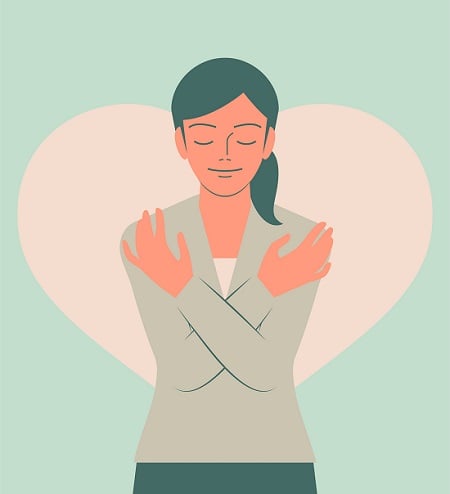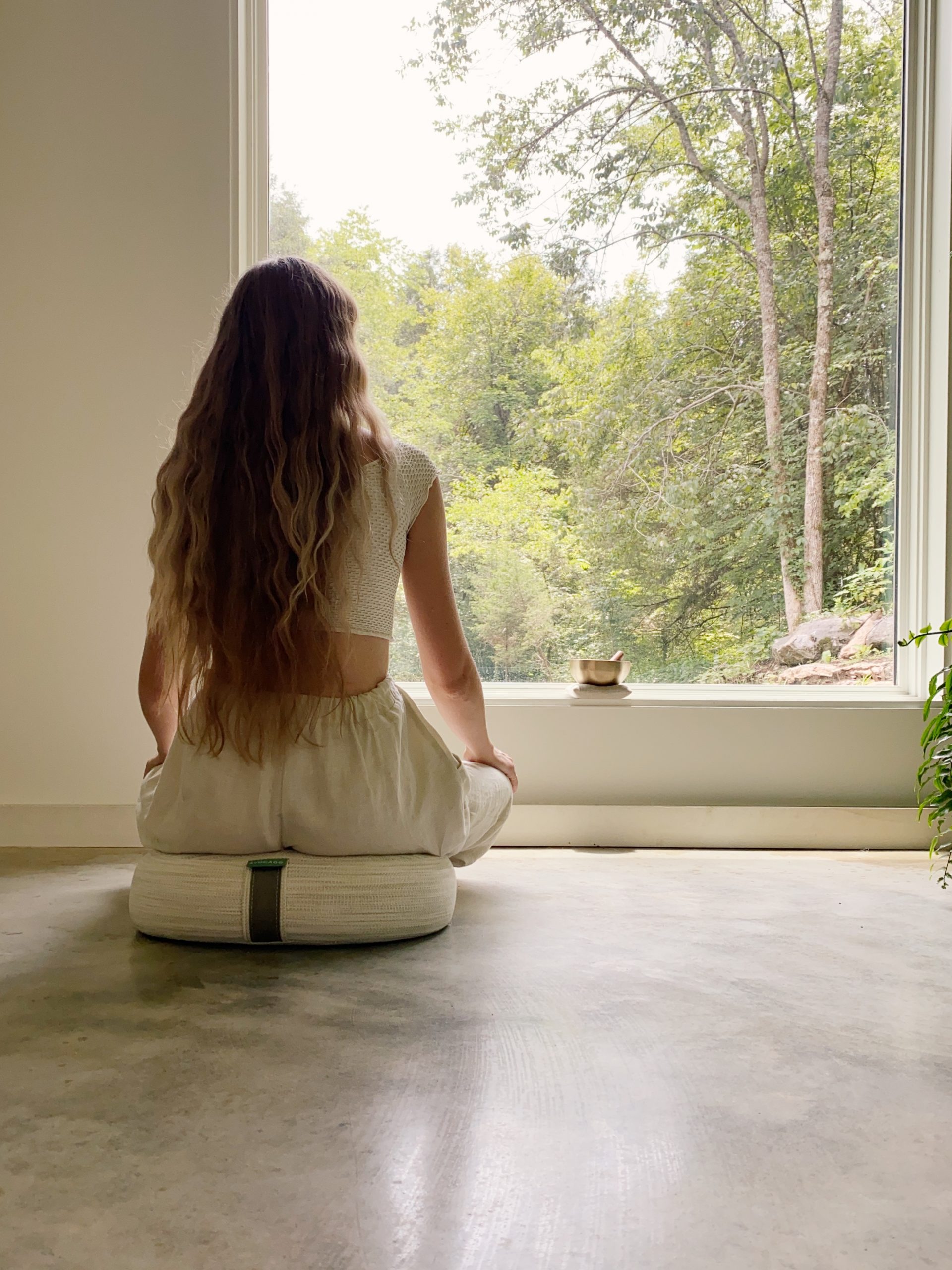
Gratitude can be a game changer. It helps train your brain to notice and appreciate the little things in life, and by doing so, greatly changes your experience of life. Gratitude can increase happiness and well-being, life satisfaction, and even overall health, while decreasing the things we all want less of, like anxiety, depression, and anger. It can be a powerful practice to cultivate, especially if you struggle with anxiety or depression.
How gratitude is related to anxiety and depression
While anxiety and depression disorders come in different forms and flavors, they share some commonalities. All are associated with underlying negative thought patterns. These patterns include both what we think and how we think. In other words, both the content and the thought process impact anxiety and depression.
The content of anxious and depressive thinking is usually negative in nature. Common forms of negative thinking include: focusing too much on negative aspects or problem areas (called negativity bias), discounting the positive (“yes, but” dismissing any positive aspects or events), and catastrophizing or jumping to the worst-case scenario.
The anxious and depressive thought process is characterized by mental time travel – dwell on the past or worry about the future. This mental time travel, known as rumination, takes us out of the present moment and can increase feelings of depression and anxiety. In fact, psychological research shows that the more present we are, the happier we tend to be, even when the present moment is not pleasant or pleasurable. The bottom line is that rumination is a sneaky mental habit that robs us of joy.
This is where gratitude can be especially helpful.
Gratitude as a competitive response
In the world of habits, there is a treatment approach called Habit Reversal Training. A key component of HRT is the use of a competitive response, which is an action that is incompatible with the habit you are trying to break. For example, if you are trying to kick the habit of biting your nails, you can clasp your hands together as a competitive response when you feel the urge to bite them. It’s really hard to clap your hands AND bite your nails at the same time. Constantly using a competitive response trains your body to replace the unwanted habit with a new one.
Rumination, worry, complaining, and negativity are mental habits and have much worse consequences than nail biting. These mental habits involve feeding on negative thoughts, indulging in them in a repetitive and amplifying cycle with the effect of weakening your mood and taking you out of the present moment. I propose that we try gratitude as a competing response to these habits of mind.. It’s surprisingly difficult to tap into gratitude – really tap into it – and also get stuck in negativity. When you find yourself caught up in those negative thoughts or starting a spiral, challenge your mind to find something in that moment to be grateful for. By doing so, you are combatting the negative content of your thoughts AND bringing your mind to the present. But make sure you don’t go through the motions. You have to really try to get in touch with a sense of appreciation, gratitude, or beauty in the here and now. The goal is to truly activate feelings of gratitude to help you stay afloat against negativity and stay grounded in the present moment.
When gratitude backfires
I’d say you’d be hard-pressed to find a situation where tapping into gratitude isn’t possible or helpful. Said that, Keep in mind that gratitude does not become fuel for guilt.. That happens when your mind uses gratitude to minimize your painful experiences.
It might sound something like this: “I have no right to be sad. I have a lot to be grateful for. What’s wrong with me?Feelings like that require gratitude, which is a practice that expands and reinforces, and becomes a mental whip with which to whip yourself. The resulting blame is unnecessary and neglected. We need to be clear that anxiety and depression are not a result of you being ungrateful. Rather, gratitude is a tool you can add to your arsenal to help you cope.
Gratitude does not negate pain. Is a practice of “both and” not “either or.” You can be hurt and gratefull. You can use gratitude as a lifeline to avoid drowning in negative mental habits that intensify your pain, but not to eliminate it completely.
Right now, I miss my family who I haven’t seen in eons due to COVID. AND I appreciate the grocery delivery and an unseasonably warm sunny day.
Right now, I’m looking forward to some upcoming transitions. AND I appreciate the support of my friends.
Right now I am angry and sad about world events. AND I am grateful that technology allows me to connect with other people who are not nearby.
Right now I’m overwhelmed with tasks. AND I’m grateful to be able to have some time with my family tomorrow.






%20(Website)_0.png)